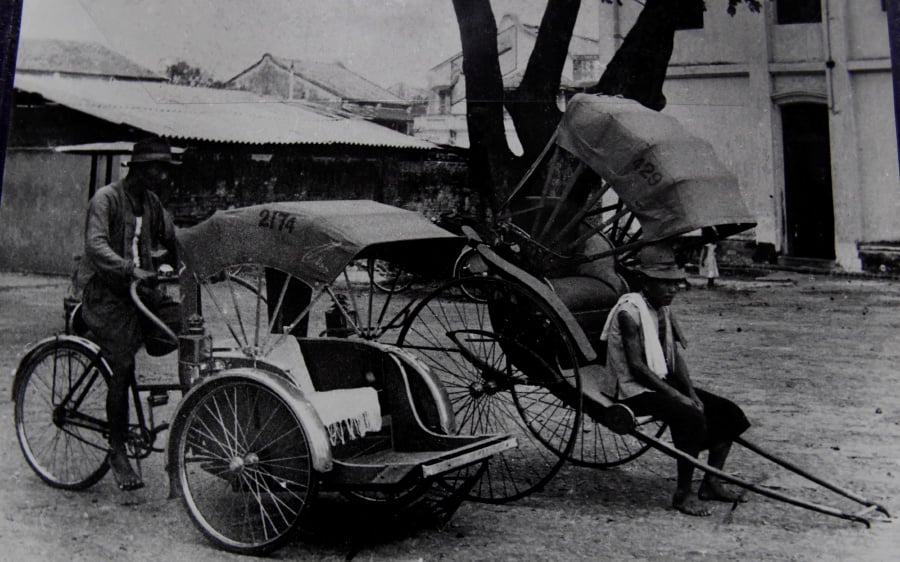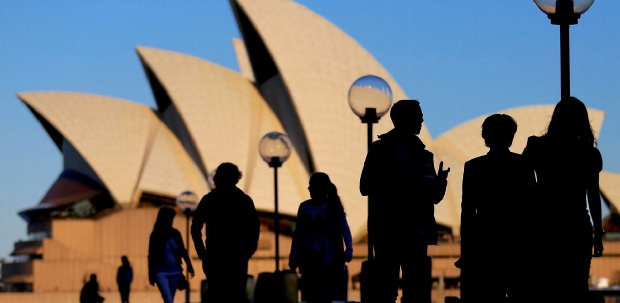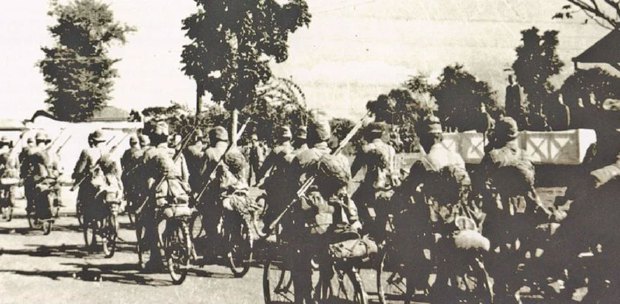OUR history is often lost when the people who should have documented it, preserved it, and then passed it on fail to do so. This is the major failing of our young country — that we are sometimes so focused on the future that we forget to document our past.
Many developing countries are not good at preserving their past. Heritage buildings and old infrastructure aside, there is a wealth of information in the stories that the previous generations can pass on to us. This is what I mean by documenting history.
Many of us still remember a time when our grandparents would reminisce about the "good ole days". They would tell the stories of how the kampung used to be, which swath of land was previously just an overgrown jungle, which family used to live across the road or what they did when the Japanese troops came marching through.
We listened to these stories first in extreme awe. Then, as we grew older and we heard the same stories, we listened to humour the older generation. Little do we realise that their stories are the retelling of history, from their lens. If we listen closely, we will know the route the Japanese army took on its way to Singapore, or the development that took place to turn that piece of jungle into agricultural land.
We are all familiar with the concept of storytelling. As a child, I used to win ribbons in storytelling at my United Kingdom elementary school. As a child, I did not know that what I did then would be something I would later be paid to do.
Today, we refer to the act of storytelling by the more elegant word, "narratives". In international relations, narratives are used to influence, persuade, or give clarification to a mixed audience. Every story has different angles to it; so too the recounting of a particular event would also be biased towards the person(s) who retell it.
This is normal. No one sees things completely objectively. Each and every one of us has some sort of "baggage" that will colour our narratives.
This is why it is excruciatingly important that we, as citizens, commit to documenting our history. Civil servants, as well as those in the public policy sphere, need to ensure that institutional memory is institutionalised either in the files or in a cloud somewhere. No matter how small or insignificant it may seem, each story holds a piece of a bigger puzzle.
Malaysia is not so old that our young history has completely been lost to us. But as we step into the second half of the country's septuagenarian period, more and more people who were there at the country's birth are no more. Soon, the stories of the negotiations that took place internally, as we argued about the composition of the first Malayan United Nations peacekeeping mission, would be lost to us forever.
Some of our luminaries have had ringside seats in some of the more interesting episodes of Malaysia's young history. That they then refuse to commit pen to paper to preserve that memory is simply mind-boggling.
Jottings of things that happened need not be published, but they do need to be compiled or squirelled away. How else would we know what considerations were factored in when we voted against an International Atomic Energy Agency rebuke in 2009, or how we ran the candidature of a Malaysian to the highest post within the International Labour Organisation?
One of the ways that I have found effective in "capturing" these snippets of history is to encourage the people concerned to talk on camera. The videos are not meant for the public, however, but are lovingly preserved for posterity and research.
His Royal Highness Sultan Nazrin Muizzuddin Shah of Perak once gave a speech in which he quoted: "History is written by the victors." I suppose this is why so much of Malaya (and Malaysia's) history can only be found in the archives of the British Library.
This does not mean we have to continuously be disadvantaged. We can make a start by creating our own "Pensieve" and write of that which we know or have experienced. If we fail to properly document our stories, then others will tell their version of it. And you can be sure that it will not be flattering to us.
The writer is a foreign service officer who has served in bilateral and multilateral posts. These days she often finds herself between idealism and realism, between reality and the academic






